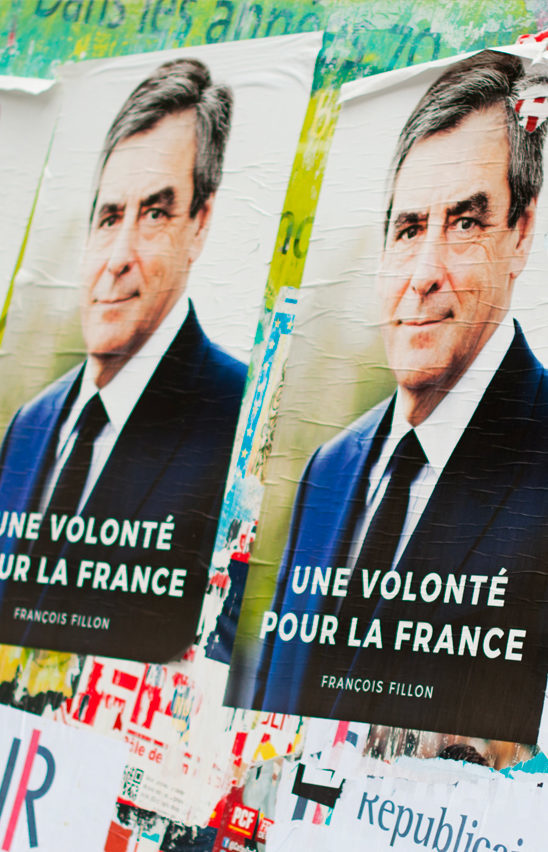
François Fillon’s Communication
In a situation of crisis, communication shall follow three simple golden rules, from which no one can exempt. François Fillon is currently demonstrating it at his expense.
To deal with an adverse event, one shall:
- never put oneself in a position of having to contradict him/herself and, to this regard, take time before speaking in order to knowingly choose a strategy (recognize or deny or divert) and being able to hold to it until the end of the crisis, thus avoiding “episodating”, revelation after revelation, week after week
- “purge” the situation by showing that one settles, without skimping, the problem at the origin of the crisis;
- describe the measures that will be taken to prevent the incriminated events from recurring.
For instance, a company that is experiencing an industrial disaster must show that it takes all necessary steps to determine the causes of the accident, to remedy its consequences – i.e. in particular to compensate the victims –, and then to ensure that such an accident can no longer happen. During the Erika disaster, Total paid dearly in terms of image for not following these golden rules.
Since the revelations of the Canard Enchaîné, Francois Fillon has evidently deviated from them with an intriguing constancy.
He chose to express himself very quickly on TF1’s 8pm news program, only revealing part of the truth – thus opening the door to a second series of revelations (i.e. “my children the lawyers”) –, but also indicating that he wanted the public prosecutor’s office to investigate as quickly as possible and, above all, that he would withdraw if he were to be indicted. At the same time, his lawyer dramatized an appointment with magistrates, carrying a large backpack supposed to contain all the evidence proving the reality of the family jobs, before it was learned that it was in fact only pay slips… of which obviously no one disputed the existence, since they were at the origin of the crisis…
He then instructed his lawyers to challenge the competence of the public prosecutor’s office and question the procedure, before announcing that he would not withdraw even if he was indicted, and then denouncing the Justice, last Wednesday, in a particularly strong, if not violent, manner.
As always in times of crisis, when communication cannot control the situation, there is an escalation that resembles a descent into hell.
At each stage, the candidate reacts more vigorously, electrifies his base, believes that he has settled the issue and can return to his campaign, before his defence turns against him and that the next step forces him to a new initiative that risks to drive him quickly even deeper into the crisis.
For example Wednesday’s media footage, which some people have not hesitated to describe as a successful crisis communication model, has led to a wave of departures among its supporters – and even in its staff – and suddenly created the possibility of a “plan B”… or “J”. And once again it has revived the soap opera.
WHAT FRANCOIS FILLON COULD HAVE DONE TO AVOID THIS DESCENT INTO THE MEDIA HELL ?
Saying everything, preferably in writing in order to fully master his expression. Disseminating a press release of which every term has been weighed with lawyers is the best medium before any oral speech.
Then, while strongly reaffirming that what he had done was perfectly legal, announcing the repayment of the sums in dispute. A “confession of guilt”, as it had been objected to us when we had evoked this solution from the revelation of the Canard Enchaîné? No more than when apologizing to the French a few days later. But instead of sticking to a little convincing ‘I made mistakes but who does not commit some’, removing the subject of the debate by paying back. And above all taking a sufficiently strong and spectacular initiative to restore the personal credibility of the candidate and his image as a statesman who puts the interest of the country before any personal consideration.
Finally, announcing that, “him President”, a new law would prohibit any type of practice that could undermine the credibility of politicians.
Having failed to respect these three categorical imperatives of crisis communication, the candidacy of François Fillon hangs by a thread, to the great benefit of Emmanuel Macron and Marine Le Pen.
Poor record.
Eric Giuily
